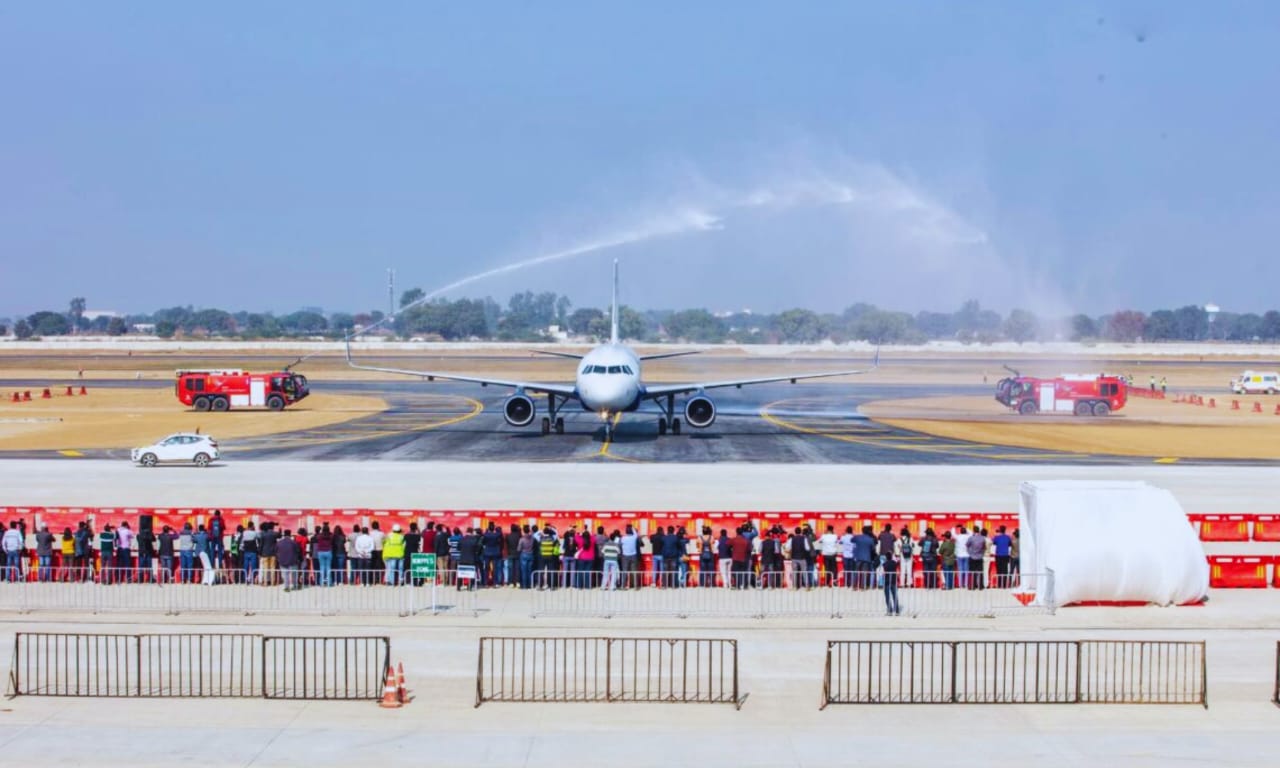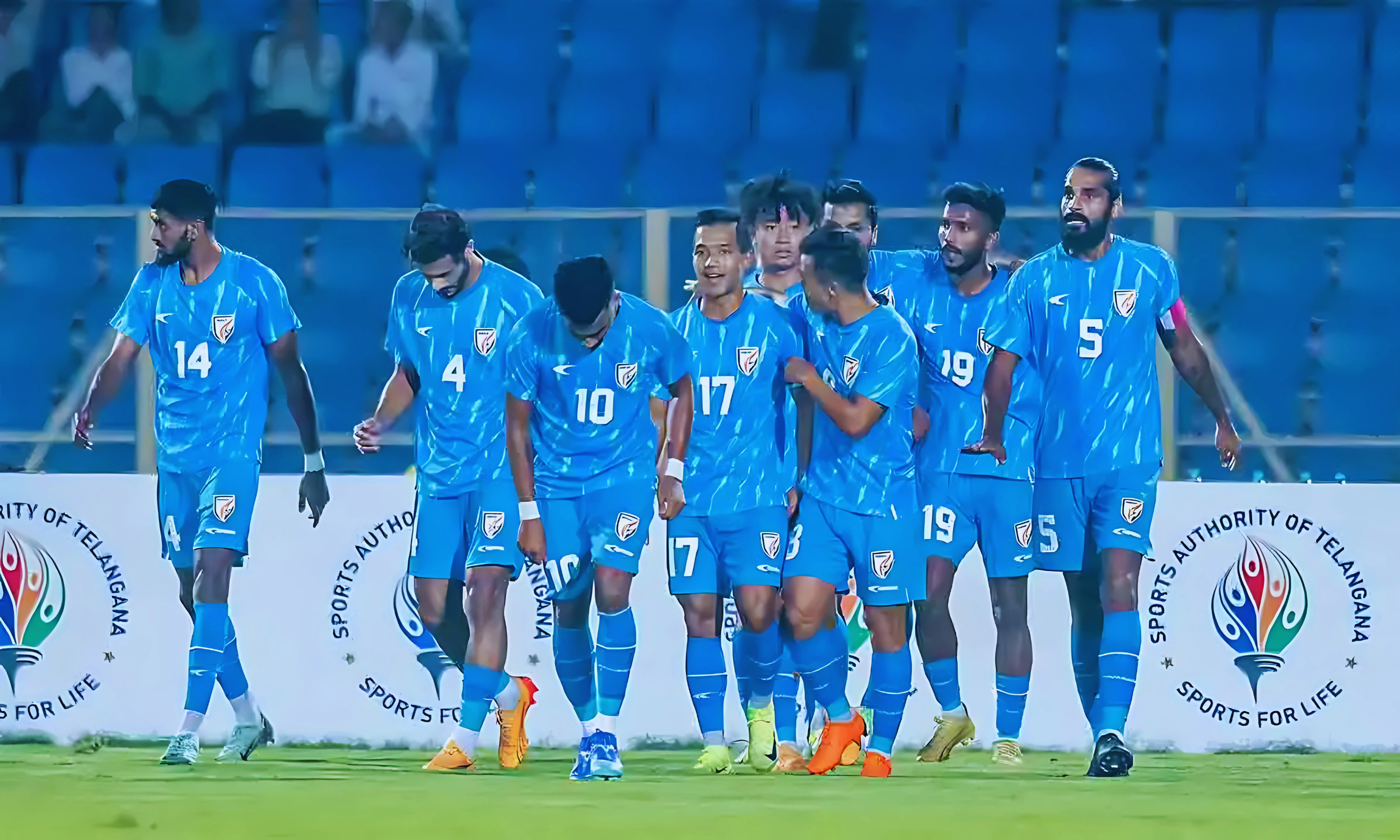Amnesty International Report Highlights Human Rights Risks in FIFA’s 2030 and 2034 World Cup Bids

A recent report from Amnesty International and the Sports and Rights Alliance (SRA) underscores the human rights risks associated with hosting the 2030 and 2034 FIFA World Cups.
Amnesty Report Warns of Human Rights Risks for 2030 and 2034 FIFA World Cups
The 91-page document highlights issues related to worker exploitation, discrimination, and the potential for widespread rights abuses if these tournaments proceed under the current bid structures.
Voting is scheduled to occur at the FIFA Congress next month to confirm the hosts for the 2030 and 2034 World Cups. Currently, there is only one bid per tournament: Morocco, Spain, and Portugal for 2030 and Saudi Arabia for 2034.
Amnesty International and SRA recommend FIFA delay awarding the 2034 World Cup to Saudi Arabia, emphasizing that neither the 2030 nor 2034 bids have presented concrete plans for meeting human rights criteria.
They also claim that human rights organizations were insufficiently consulted. The report warns that Saudi Arabia’s bid, in particular, poses high risks of “severe and widespread human rights violations” if safeguards are not implemented.
Saudi Arabia’s 2034 Bid Raises Concerns Over LGBTQ Rights and Worker Protections
FIFA is urged to impose a conditional requirement for Morocco, Spain, and Portugal’s 2030 bid to ensure a credible human rights strategy is in place.
“Morocco, Portugal, and Spain must take their human rights responsibilities far more seriously,” said Steve Cockburn, Amnesty’s head of labor rights and sport.
He added, “The 2030 World Cup could provide an opportunity to strengthen human rights protections in all three countries, but only if governments and football associations are prepared to work closely with fans, human rights organizations, trade unions, and other impacted groups to do so.”
The report also raised significant concerns about the treatment of LGBTQ individuals in Saudi Arabia, where same-sex relationships can result in severe punishment, including the death penalty.
Hammad Albalawi, head of Saudi Arabia’s World Cup bid unit, responded in September, stating that LGBTQ fans would be welcomed and their privacy respected, referencing the large numbers of international visitors who have already attended events in the Kingdom. Saudi Arabia’s bid proposal also included extensive development plans, such as renovating and building 11 stadiums, creating over 185,000 new hotel rooms, and developing infrastructure to connect emerging cities.
Cockburn noted that Saudi Arabia would require a large migrant workforce to fulfill these infrastructure goals, yet there has been no commitment to reform the country’s “Kafala” sponsorship system, introduce a minimum wage for non-citizens, allow workers to join unions, or improve safety measures to prevent worker fatalities.
He cautioned that “there will be a real and predictable human cost to awarding the 2034 World Cup to Saudi Arabia without obtaining credible guarantees of reform. Fans will face discrimination, residents will be forcibly evicted, migrant workers will face exploitation, and many will die.”
Amnesty Calls for FIFA to Uphold Human Rights Standards in World Cup Bidding Process
Andrea Florence, Director of Sports and Rights Alliance, added, “Unless FIFA is honest about the scale and severity of the risks ahead and acts to prevent them, it will be clear that its commitment to human rights is a sham.”
Florence stressed the importance of FIFA’s previously established human rights criteria, which were designed to guide the selection of host countries for major sporting events, adding, “FIFA was the first global sports body to introduce human rights criteria in its selection process for a mega-sporting event, so it would be shocking to see the organization now completely jettison these principles in favor of its bottom line.”
FIFA has stated that it will release its bid evaluation reports for the 2030 and 2034 World Cups before the extraordinary Congress on December 11.
A FIFA spokesperson commented, “FIFA is implementing thorough bidding processes for the 2030 and 2034 editions of the FIFA World Cup.” This statement comes amid increased pressure on the organization to ensure human rights remain a priority in selecting host countries for the tournament.
The Amnesty International and SRA report calls on FIFA to prioritize the well-being of fans, migrant workers, and local residents in its bidding criteria for the upcoming World Cups, raising urgent questions about the feasibility of hosting in countries with questionable human rights records.









